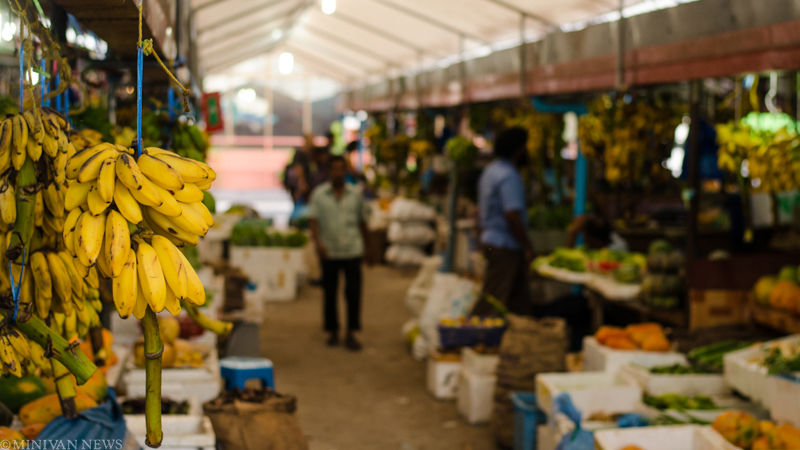Maldives greets Ramadan
After traditional pre-fasting preparations and communal feasts, Maldivians joined Muslims around the world on Saturday to begin the holy month of Ramadan.

27 May 2017, 09:00
After traditional pre-fasting preparations, Maldivians joined Muslims around the world on Saturday to begin the holy month of Ramadan.
The Islamic ministry’s moonsighting committee announced Thursday night that May 27 will be the first day of the fasting month as the new moon was not sighted by dusk.
The sighting of the new moon marks the beginning of the Muslim lunar month, which lasts between 29 and 30 days. If the moon is not sighted on the night of the 29th, the month lasts 30 days.
While most Muslim majority countries, including Saudi Arabia, began Ramadan on Saturday, Bangladesh, Pakistan, India and Shia Muslims in Iraq declared May 28 to be their first day of Ramadan.
Become a member
Get full access to our archive and personalise your experience.
Already a member?
Discussion
No comments yet. Be the first to share your thoughts!
No comments yet. Be the first to join the conversation!
Join the Conversation
Sign in to share your thoughts under an alias and take part in the discussion. Independent journalism thrives on open, respectful debate — your voice matters.




